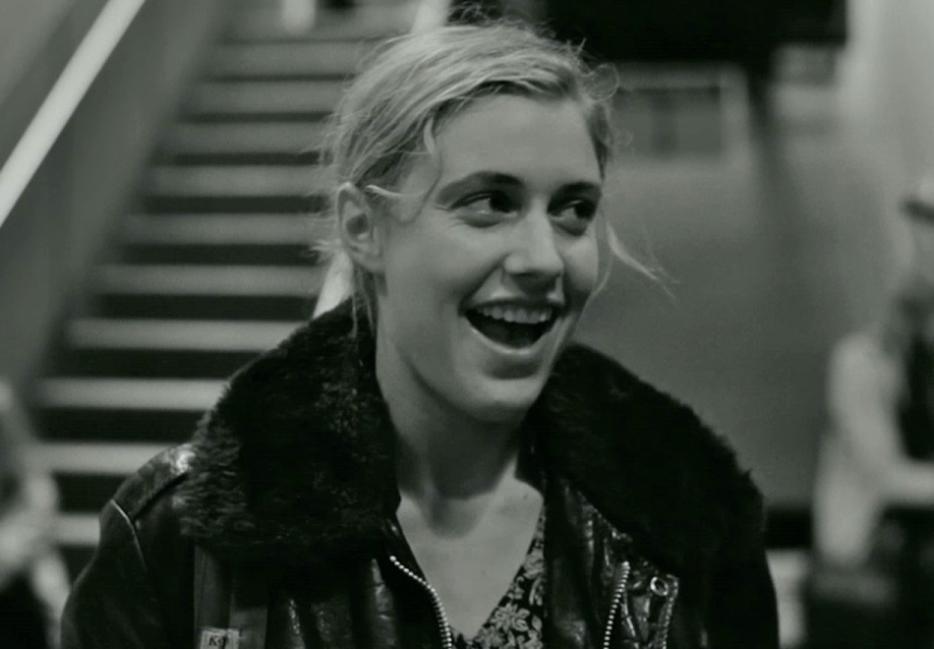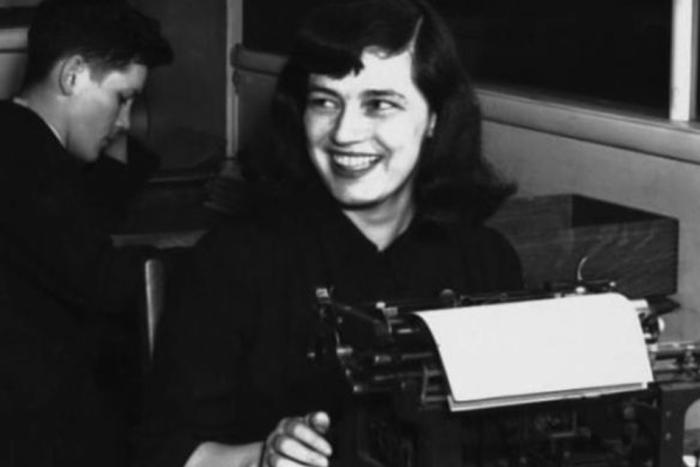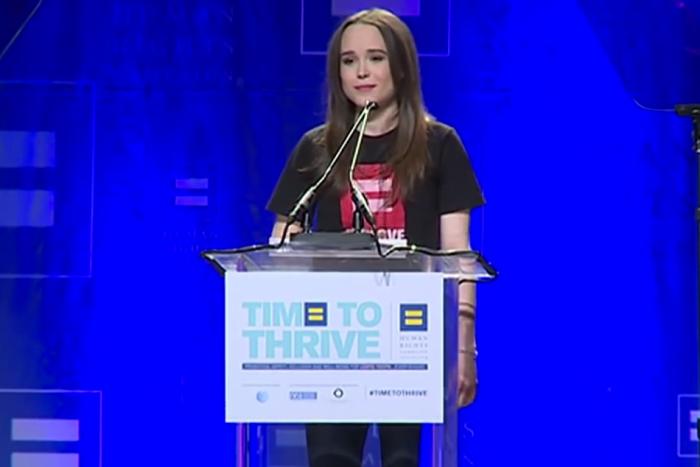There’s a weird combination of ownership and friendship at the centre of our love for a cult figure. The former emotion is maybe the more obvious one: the person’s status outside the mainstream means you can wear your allegiance like a badge, bond over it and trade it with the people in your circle. It’s not just taste but knowledge you can hold over those unfortunate souls who don’t know nothing that hasn’t been stuffed down their throats by morning shows and rush hour radio and bus shelter ads.
There’s also that have-a-beer-with factor, though, the thing we tend to dismiss in people who are picking presidents and prime ministers, but which we harbour somewhere, probably deep and hidden, in our psyche: we just know that if we met these people, we’d have something in common, something to bond over. Maybe it’s that their fringe fame keeps them on the hustle, something to which all of us non-famous can relate, or maybe it’s just that they seem nice and off-the-cuff in interviews, or maybe it’s just that their work is just so totally our life, like exactly what I was going through. Their humanity cracks through, though, and speaks to us in a way that is really no different from how, say, Harry Styles speaks to a 15-year-old girl, even if it may feel that way.
No wonder, then, that we get grouchy when our idols sell out. It’s not just distasteful, it’s betrayal.
Greta Gerwig’s hiring as the lead on the upcoming How I Met Your Mother spin-off How I Met Your Dad brought the sort of howls of dissatisfaction I thought we abandoned with unisex plaid. For a vocal minority, it was an old-school kind of treachery, as if we haven’t watched 40 years of not just cult but countercultural icons emigrate to Corporate Middlebrowia. Bob Dylan just finished narrating a Super Bowl commercial for Chrysler, but apparently a disarming young actress fronting a CBS sitcom is enough to crush our hopeful innocence all over again.
It is, admittedly, something of an out-of-the-blue move for Gerwig. She got her start starring in stripped-to-the-bones indies directed by mumblecore auteurs like Joe Swanberg and the Duplass brothers, fictional films that aspired to be cinéma vérité documents of fumbling young adults in love. Their unadorned performances and production values really only made Gerwig’s unassuming charisma shine brighter in relief, which is probably why she’s basically the only actor from that half-decade of stuttering, shy films whose reputation outstrips her directors’.
It certainly brought her to the attention of other little big fish. She was actually slightly miscast in the typically fussy Whit Stillman comedy Damsels in Distress—Gerwig works best when it seems like no one is trying too hard. She seems to have inspired something serious in Noah Baumbach, however, who, besides dating her, has put her in two painfully good roles: a pushing-back sad sack against Ben Stiller’s depressed hero in Greenberg, and as the sort of distillation of late-youth female ennui in Frances Ha.
The freshness of that memory is probably why the HIMYD announcement stings. Frances Ha—co-written, as most of her best roles are, by Gerwig herself—captures its subject in such a beautifully sad way that it feels destined to be rediscovered by every new generation of post-hope post-grads. That is, of course, if a long run of laugh tracks and double-takes doesn’t bleach away her reputation, if not outright erode our faith in the fibre of independent cinema.
If anything, though, it’s strange that a follow-up to a network sitcom with a decent reputation should be the thing that gives us all the vapours. Gerwig has already sunk to level of the more crassly commercial with stuff like No Strings Attached (the fuck-buddies movie that didn’t have Justin Timberlake) and Arthur, so it’s not as if this is her first paycheque. And, hell, Peter Falk found time to star in a couple classic Cassavetes pictures in between asking about one more thing as Columbo, so it’s not as if she’ll be on the shelf.
That Gerwig’s pedigree can’t overcome its hitching post seems more like an enduring prejudice against sitcoms—or, at least, the sitcoms that have not been given express approval by the elite cadre of critics or obsessive fan groups. If it had been announced that Gerwig was not just starring in but also writing an FX pilot, or Tina Fey was in any way attached to it, we’d be celebrating television’s ascendence as a storyteller’s medium, where characters can be more carefully blah geh fuh dun ughhhhhhhhhhh birrr take the time and ROLES for WOMEN in HOLLYWOOD, am I right?
Precisely none of that is less true just because Gerwig might have to pause for a WOOOOOOO! every now and then. For a start, HIMYM has a perfectly respectable pedigree: it’s fallen a bit victim to the perpetual motion demanded of network shows, but it made some inspired casting choices (most notably Neil Patrick Harris), it regularly tries new things (this season’s compressed timelines, for instance), and it’s a reliably character-driven show. It may stand in for a certain kind of network mediocrity, but even if that’s the case, it’s an indication of the quality of comedy in network mediocrity these days.
Because even garbage peddlers like Chuck Lorre—if you want an example of a non-character-driven comedy, look to Big Bang Theory, where nearly every punchline feels like it was ripped from a book of nerd jokes and shoved into Jim Parson’s throat—have smartened up some. His latest sitcom, Mom, stars Anna Faris, and though it is far from ground-breaking, it makes space for Faris’s weirdo comic energy in a way that few of her movie roles ever have. That may, in fact, be the key thing: space. There is just more of it on television, and even the crasser joke merchants have started picking up on it.
There’s obviously no guarantee that HIMYD will be smart enough to take advantage of that, but the fact that its producers would even target someone like Gerwig should grant them a little goodwill. And if we accept that we all need some money some day, we might also grant our friend and idol a little faith, too: perhaps instead of wringing our hands about her walking into one of television’s ghettos, we should be wondering why that was more attractive than another Hollywood rom-com.






